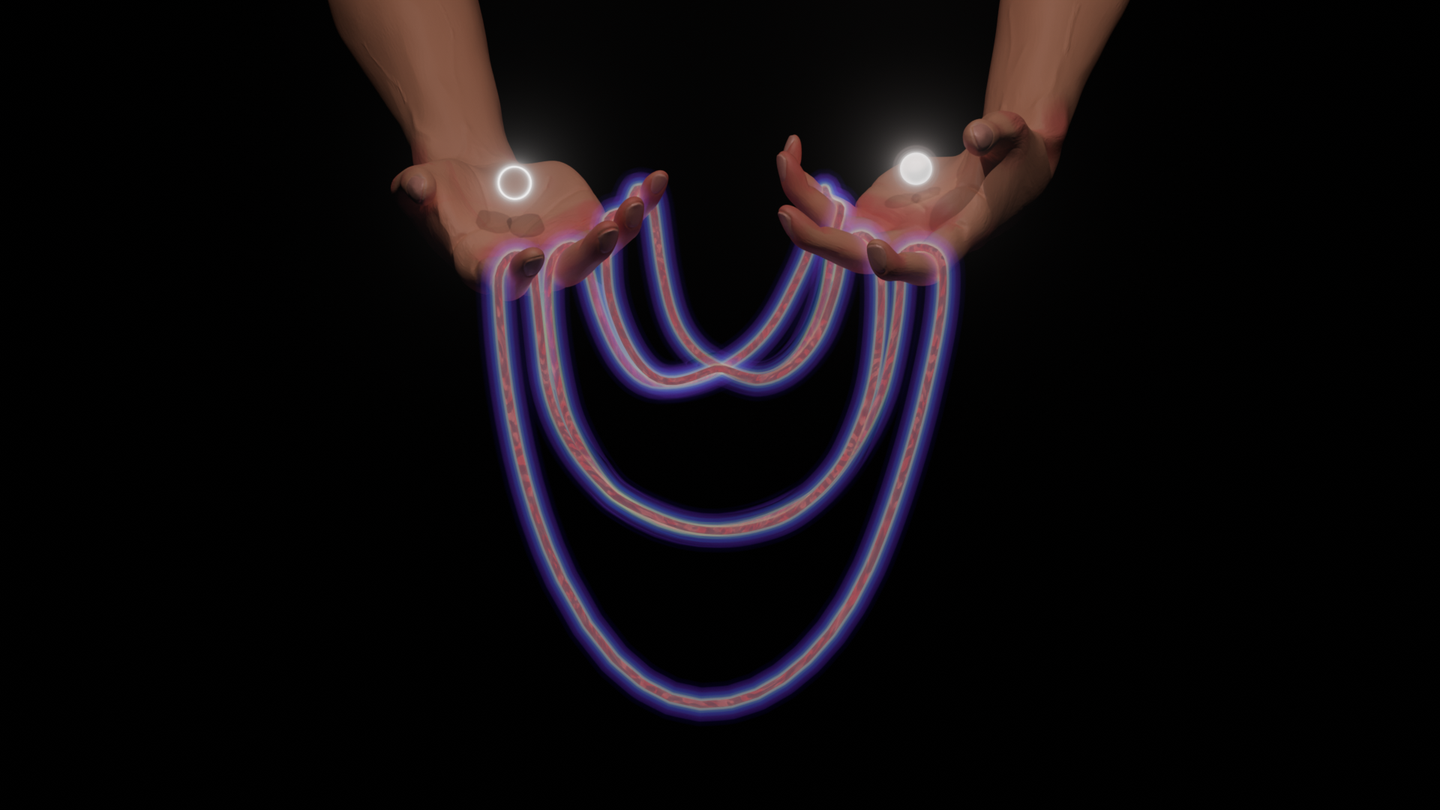Internet access may harm group creativity, study finds
A Carnegie Mellon study reveals that using the internet during group brainstorming may limit creativity and reduce the variety of ideas.

New research shows online search may reduce creative thinking in groups by triggering fixation effects. (CREDIT: Shutterstock)
When people are asked to come up with new ways to use ordinary items, many now instinctively reach for their phones. It feels natural to type the object into a search engine and scroll through the ideas that pop up. But this simple habit might be shaping how your brain thinks—and not always for the better, especially when working in groups.
A new study from researchers at Carnegie Mellon University shows that while internet access may help individuals find ideas more easily, it can actually limit the creative power of groups. The findings suggest there’s a hidden cost to relying too much on online searches during brainstorming.
Published in the journal Memory & Cognition, the study used a well-known creativity test called the “alternative uses task.” A total of 244 participants were asked to think of unusual uses for either a shield or an umbrella. Some were allowed to use the internet, while others had to rely only on their minds.
Internet Use and Creativity Don’t Always Mix
When researchers looked at how individuals performed, they found little difference between those who searched online and those who didn’t. But once people were grouped together and their answers were combined, a clear pattern emerged. Groups with internet access came up with fewer original responses.
According to lead author Danny Oppenheimer, a professor in the Department of Social and Decision Sciences at Carnegie Mellon, this may be because everyone with access to search engines ended up seeing the same suggestions. “Google users came up with the same common answers, often in the same order,” he wrote, while those who couldn’t search were more likely to produce varied and unique ideas.
The internet, it turns out, may push everyone in the same direction. Instead of sparking creativity, it could steer people toward common ground—especially when the ideas are easy to find. That’s a problem when groups need a wide range of ideas to solve complex problems.
Related Stories
Umbrellas, Shields, and the Power of Fixation
The study included a surprising twist when comparing how participants responded to the two objects. For umbrellas, internet searches returned plenty of suggestions. But for shields, not much turned up. This difference seemed to affect how participants approached each task.
When people found lots of umbrella ideas online, they struggled to come up with new ones on their own. But with shields, which lacked online suggestions, participants produced more creative responses. Researchers believe this may be a case of what psychologists call “fixation effects.” This happens when people are shown one possible answer to a problem and can’t stop thinking along the same lines. They get stuck.
Oppenheimer explained it like this: “A person trying to brainstorm ‘things you might spread’ who sees other people, or Google, give answers like ‘butter’ or ‘jam’ is more likely to come up with other foods, such as cream cheese, and less likely to come up with non-food-based answers, like disease or rumors.” This study is the first to show that these fixation effects can be triggered by something as common as an internet search.
Why Group Creativity Suffers
The researchers used both their own experiment and a reanalysis of earlier data to confirm their results. They looked at different kinds of creative fluency—not just how many ideas people came up with, but also how novel and effective those ideas were.
Across these tests, they found consistent results: people without internet access often performed better when thinking together. That didn’t mean every person without a search engine came up with amazing ideas. In fact, the advantage varied depending on who was doing the judging. But overall, the groups that brainstormed without digital help came up with more varied and less predictable results.
Oppenheimer said the results don’t prove that the internet is making people less creative. “The internet isn’t making us dumb, but we may be using it in ways that aren’t helpful,” he said. The key takeaway is that while digital tools are useful, they need to be used more thoughtfully—especially in creative group settings.
The Role of Human Thought in a Digital World
Mark Patterson, a coauthor of the study and director of the Quantitative Social Science Scholars Program at Carnegie Mellon, said that people are rethinking how they interact with technology every day. “It feels like every week there’s some sort of mind-blowing, new advance,” he said. “One interpretation of our paper is a reminder about the important advantages that we have just as regular people trying to solve problems.”
Patterson emphasized the value of individual differences. “Even though it sounds like the kind of messaging you might get from your preschool teacher—like, ‘You’re you, and you’re different, and you’re unique’—that messaging actually does matter.”
In other words, when people don’t rely on search engines, they’re more likely to draw on their own unique experiences and ideas. That leads to more diverse thoughts, which is exactly what’s needed to tackle tough, real-world problems.
Smarter Use of Technology Can Help
So, what should people do with these findings? Oppenheimer and Patterson don’t suggest throwing away your devices. Instead, they recommend using the internet more strategically. One idea is to start brainstorming without it. Write down your own thoughts first. Then, after you’ve come up with a few ideas, check online for inspiration. This two-step method could help avoid getting stuck in the same thought loops caused by seeing others’ answers first.
The researchers also pointed to the importance of prompt engineering—the way we ask questions to search engines and AI tools. Asking better questions might lead to more useful and varied answers.
Oppenheimer said that his team hopes to find new ways to help people get the most out of the internet while avoiding the downsides. “Our hope is that by studying how human thought interacts with technology use, we can figure out ways to glean the best of the internet while minimizing the negative consequences.”
And even though fixation effects might not matter much when looking for a dinner recipe or a shortcut to work, they could be more serious in bigger situations. When working on hard problems like climate change, social policy, or global health, people need to think in fresh and different ways. Relying on the same few online suggestions just isn’t enough.
Patterson summed it up this way: “For some of these bigger, tough, societal-level challenges that we’re facing, I think taking advantage of real diversity and a wide range of solutions requires groups to come up with a lot of different solution strategies.” So before you click that search button, take a minute. Think it through. Let your own mind wander. The internet can wait.
Note: The article above provided above by The Brighter Side of News.
Like these kind of feel good stories? Get The Brighter Side of News' newsletter.



